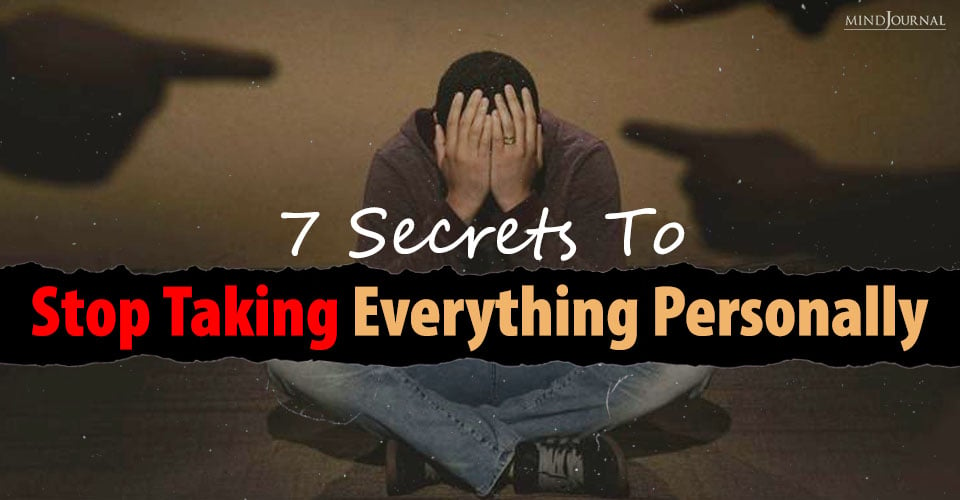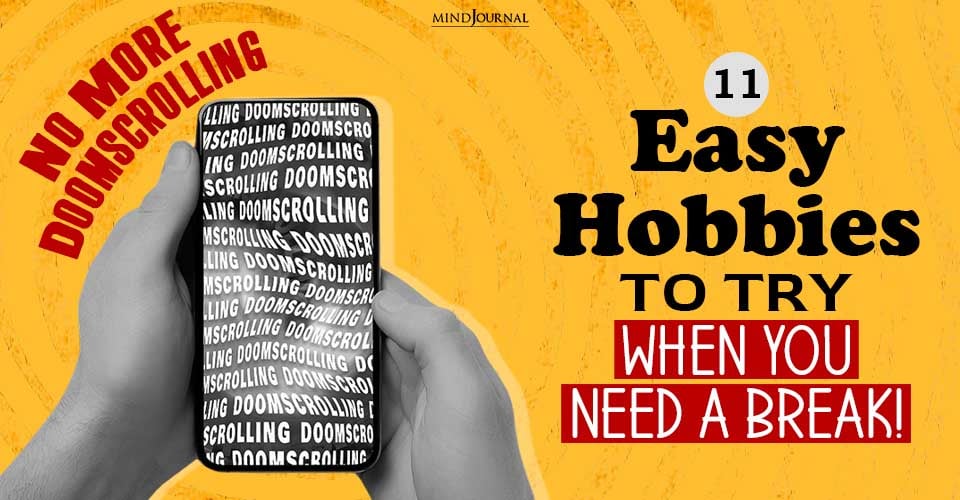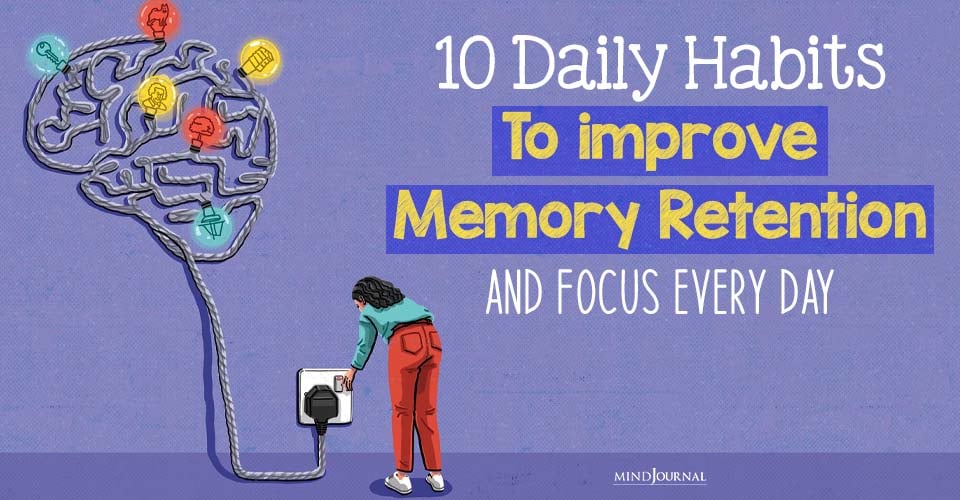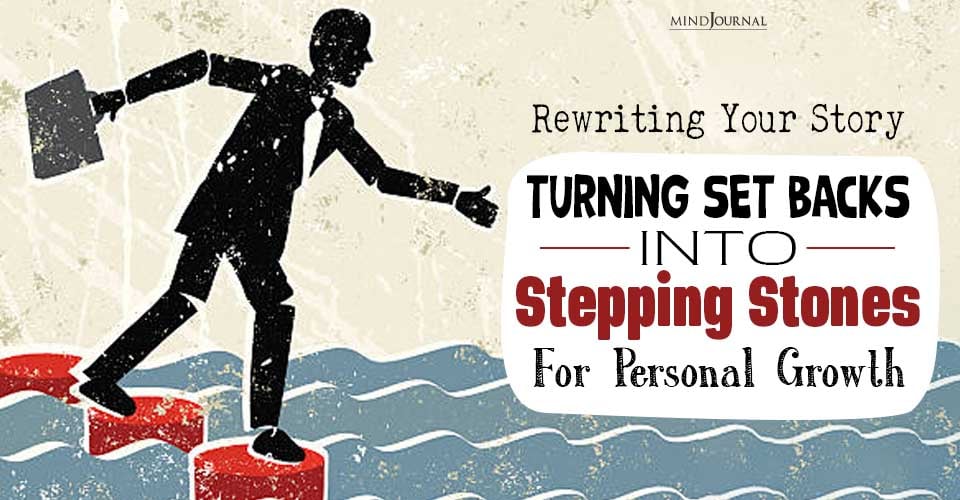Ever had a friend leave your text on read but somehow find the time to post a selfie? Or maybe someone didn’t laugh at your joke, and now you’re questioning your entire personality? Yep, we’ve all been there. It’s ridiculously easy to take things personally, even when deep down, we know the world doesn’t revolve around us (unfortunately).
Figuring out how to stop taking everything personally can feel like an uphill battle, especially when someone’s actions or words leave you feeling hurt or confused. But here’s the thing—most of the time, people’s actions have nothing to do with you. Your friend might just be overwhelmed, that unread message isn’t a personal attack, and maybe—just maybe—your joke wasn’t that bad.
Learning to let go of these thoughts isn’t just good for your mood; it protects your confidence, your time, and your relationships. So, if you’re tired of overthinking every little thing, let’s talk about how to stop taking everything personally. Trust me, your peace of mind will thank you.
How to Stop Taking Everything Personally
Question Your Own Thoughts Before Believing Them
Before assuming someone’s actions are about you, pause and check your own thoughts. Are you reacting based on facts or personal fears? Sometimes, past experiences or insecurities can color how we interpret situations. If you want to learn how to not take things personally, start by challenging the negative stories your mind creates. Not everything is a reflection of you—sometimes, it’s just your perspective playing tricks on you.
Clear the Air Instead of Making Assumptions
When someone’s behavior confuses or upsets you, don’t guess—ask. Instead of overthinking why a friend didn’t text back or why a coworker seemed distant, simply check in. A quick “Hey, is everything okay?” can prevent unnecessary hurt. If you want to stop taking things personally, practice open communication instead of assuming the worst. More often than not, the answer will be something that has nothing to do with you.
Read More: How To Stop Overthinking At Night
Shift Your Focus to Things That Actually Matter
The more you fixate on what others say or do, the more you let them control your emotions. If you want to stop taking everything personally, keep yourself engaged in things that bring you joy and fulfillment. Whether it’s a hobby, a goal, or spending time with loved ones, having something meaningful to focus on makes it easier to let go of small worries. When your life is full, other people’s actions won’t feel so overwhelming.
Consider That People Have Their Own Struggles
Most of the time, people act based on what’s happening in their own lives, not because of you. Maybe that friend who didn’t respond is dealing with stress. Maybe your boss was rushed when they sent that short email. Learning how to stop taking things personally means understanding that other people’s behavior is usually a reflection of their own circumstances—not a statement about your worth.
Remind Yourself That You’ve Been on the Other Side
Think about the times you were too tired to reply to a message or too busy to make plans. Did that mean you disliked the person? Probably not. When you remember that you’ve also acted in ways that others could misinterpret, it helps you stop taking everything personally. People aren’t perfect, and sometimes their actions are just a result of life happening—not a sign that they don’t care.
Read More: 11 Mental Tricks To STOP Overthinking
See Feedback as a Tool, Not an Attack
Criticism can feel personal, but it doesn’t have to be. Instead of thinking, I’m not good enough, try shifting your mindset to, This is something I can improve on. If someone offers constructive feedback, take what’s useful and let go of the rest. Learning how to not take things personally means separating your self-worth from mistakes or criticism. Growth happens when you see feedback as a way to get better, not as a personal attack.
Strengthen Your Confidence So Others Can’t Shake It
At the root of taking things personally is often self-doubt. When you don’t fully believe in yourself, it’s easy to assume others don’t either. The best way to stop taking things personally is to build a strong sense of self-worth. Focus on what makes you feel good about yourself, celebrate your strengths, and surround yourself with supportive people. The more secure you feel within, the less outside opinions will affect you—and the easier it will be to let things go.
Final Thoughts
Learning how to not take things personally doesn’t mean ignoring your feelings—it means understanding that not everything is about you. People have their own struggles, habits, and moods that influence how they act. The more you challenge negative thoughts, communicate openly, and focus on your own self-worth, the easier it becomes to stop taking everything personally.
It takes time and practice, but by letting go of unnecessary worries, you free yourself from self-doubt and emotional exhaustion. Protect your peace, trust yourself, and remember—your value isn’t defined by how others behave.
Read More: What Causes Analysis Paralysis? 7 Factors That Keep You From Making Decisions
Frequently Asked Questions (FAQs)
How do I build my self-esteem so I don’t take things personally?
Building self-esteem involves recognizing and valuing your own strengths and achievements, regardless of what others think. Surround yourself with supportive people, challenge negative thoughts, and practice self-care. The more secure you feel within yourself, the easier it becomes to not take others’ actions to heart.
How do I know if I’m being too sensitive?
Sensitivity isn’t inherently a bad thing, but if you’re constantly taking things personally, it may be worth reflecting on your reactions. Are you jumping to conclusions without the full picture? Are you internalizing feedback as a personal attack? It’s helpful to pause, question your feelings, and ask yourself if the situation is truly about you—or if it’s more about the other person’s circumstances.
What if someone’s actions really do hurt me?
It’s normal to feel hurt by others’ actions. The key is to separate the action from your self-worth. If someone’s behavior bothers you, talk to them about it directly and calmly. Express how you feel without assuming their intent. This way, you can resolve the situation without internalizing it as something wrong with you.










Leave a Reply